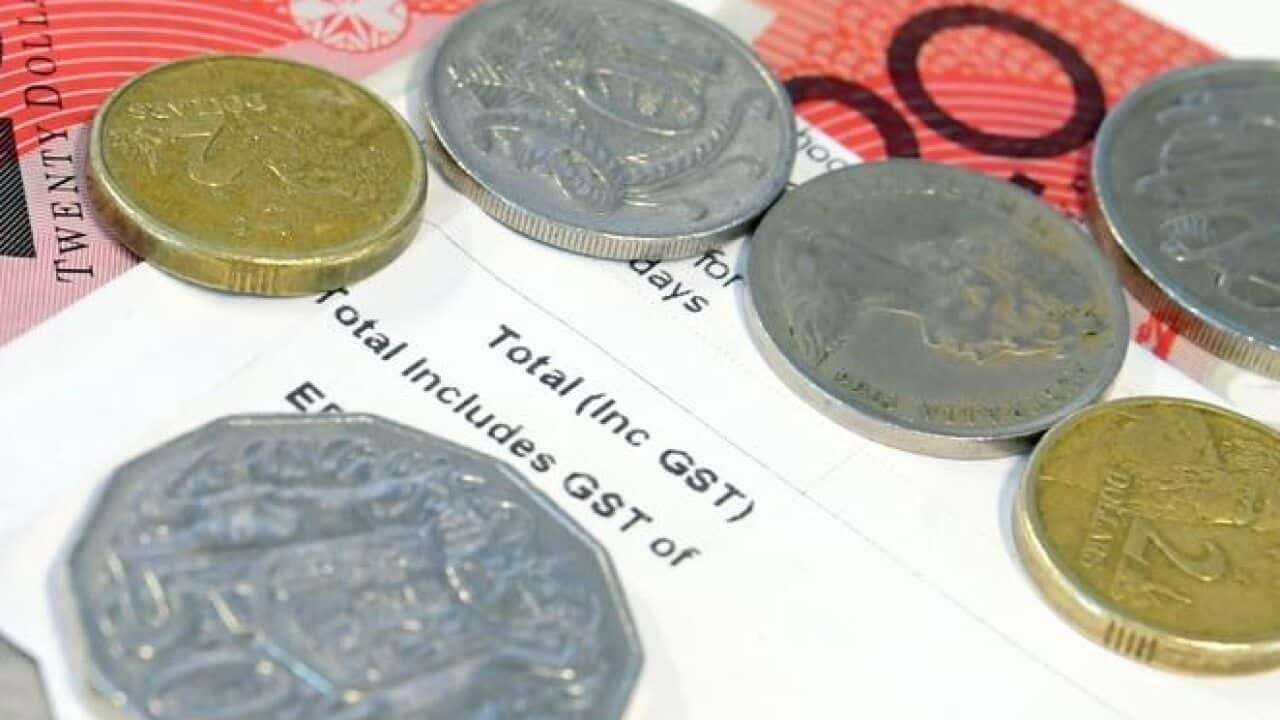Energy, child care and housing prices have soared higher than average cost of living measures, new research has revealed.
An Australian Council of Trade Unions report released on Friday shows electricity costs have jumped 10.4 per cent in the past year, with gas up 7.1 per cent in the same period.
Child care costs have increased by an average of six per cent, while transport is up more than five per cent.
The average cost of housing and health went up by a little more than three per cent apiece, while education rose 2.7 per cent in the past 12 months.
The figures reveal living costs are rising much faster than the consumer price index, a standard measure relating to household spending which in the 12 months to the June quarter was up 2.1 per cent.
The ACTU's report calls for urgent reform to restore multi-employer bargaining, institute a living wage, raise public sector pay and ensure industrial laws decrease the number of insecure jobs.
ACTU secretary Sally McManus said while chief executives' salaries increased by an average of $5.2 million this year, the rest of Australia had seen pay go backwards in real terms.
"People are feeling the pinch as their budgets are stretched further than the official data suggests, and this research proves this is the case with the key living costs increasing much faster than CPI," Ms McManus said.
"It is no coincidence that wages are going backwards at the same time as the number of workers covered by collective agreements has collapsed."
She said the research had found 700,000 fewer people were on collective agreements today compared with three years ago.
Industrial Relations Minister Kelly O'Dwyer has been a strident critic of unions' push for sector-wide bargaining, arguing creating more jobs will drive wages higher.
She said the coalition government had put in place economic conditions that led to 1.1 million jobs being created.
"It's all at risk if you want to jump back in the time machine and go back to before the 1970s, and create chaos and mayhem in our workplaces by having industrial action writ large across different sectors," she told the ABC.
Share
